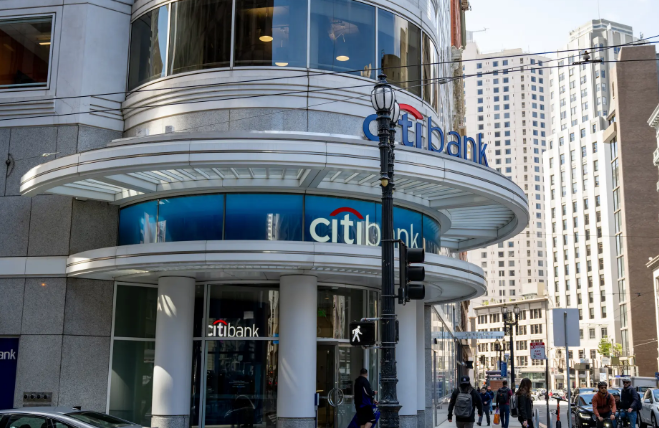Citigroup has officially reversed its 2018 policy that restricted banking services to retail clients selling firearms, ending a long-standing stance that drew increasing political criticism from conservatives and gun rights advocates.
In a statement released on June 3, the Wall Street bank said it would “no longer have a specific policy as it relates to firearms,” citing the need to address “fair access” concerns in financial services. The bank also announced updates to its Employee Code of Conduct and Global Financial Access Policy, stating that it “does not discriminate on the basis of political affiliation.”
The move comes in the wake of sustained criticism from former President Donald Trump and other conservative leaders, who have accused major U.S. banks of engaging in “de-banking” practices that unfairly target gun sellers and right-leaning individuals or organizations. During a virtual appearance at the World Economic Forum in January, Trump directly challenged bank CEOs, claiming, “Many conservatives complain that the banks are not allowing them to do business.”
Citigroup’s previous policy, introduced in March 2018 after the Parkland, Florida high school shooting, had required new retail clients selling firearms to adopt stricter sales practices. These included requiring background checks, setting a minimum purchasing age of 21, and prohibiting the sale of bump stocks and high-capacity magazines.
That policy followed a broader corporate reckoning on gun violence after a series of mass shootings. Other banks, including Bank of America and investment firms like BlackRock, also took steps to restrict or scrutinize firearms-related business practices in 2018.
However, Citigroup’s reversal reflects shifting political and regulatory dynamics. In recent years, Republican-led states such as Texas and Florida have passed laws penalizing banks perceived to be discriminating against the firearms industry. Several financial giants—including JPMorgan Chase, Goldman Sachs, and Bank of America—have been barred from participating in state bond deals over such concerns.
The issue has also become a focal point in Donald Trump’s 2024 presidential campaign. Earlier this year, he accused several major banks of politically motivated account closures, including a lawsuit filed by the Trump Organization against Capital One, which it alleges ended business ties due to “woke” political beliefs.
While Citigroup did not reference specific political actors in its decision, the announcement marks a shift toward more politically neutral language in corporate policy. “These changes reinforce our commitment to serve all clients fairly,” the bank said, pledging to collaborate with regulators and lawmakers to restore trust in the banking system.
The bank’s retreat from its firearms policy underscores the growing tension between corporate risk management practices and the politicization of consumer access in the U.S. financial sector.









































